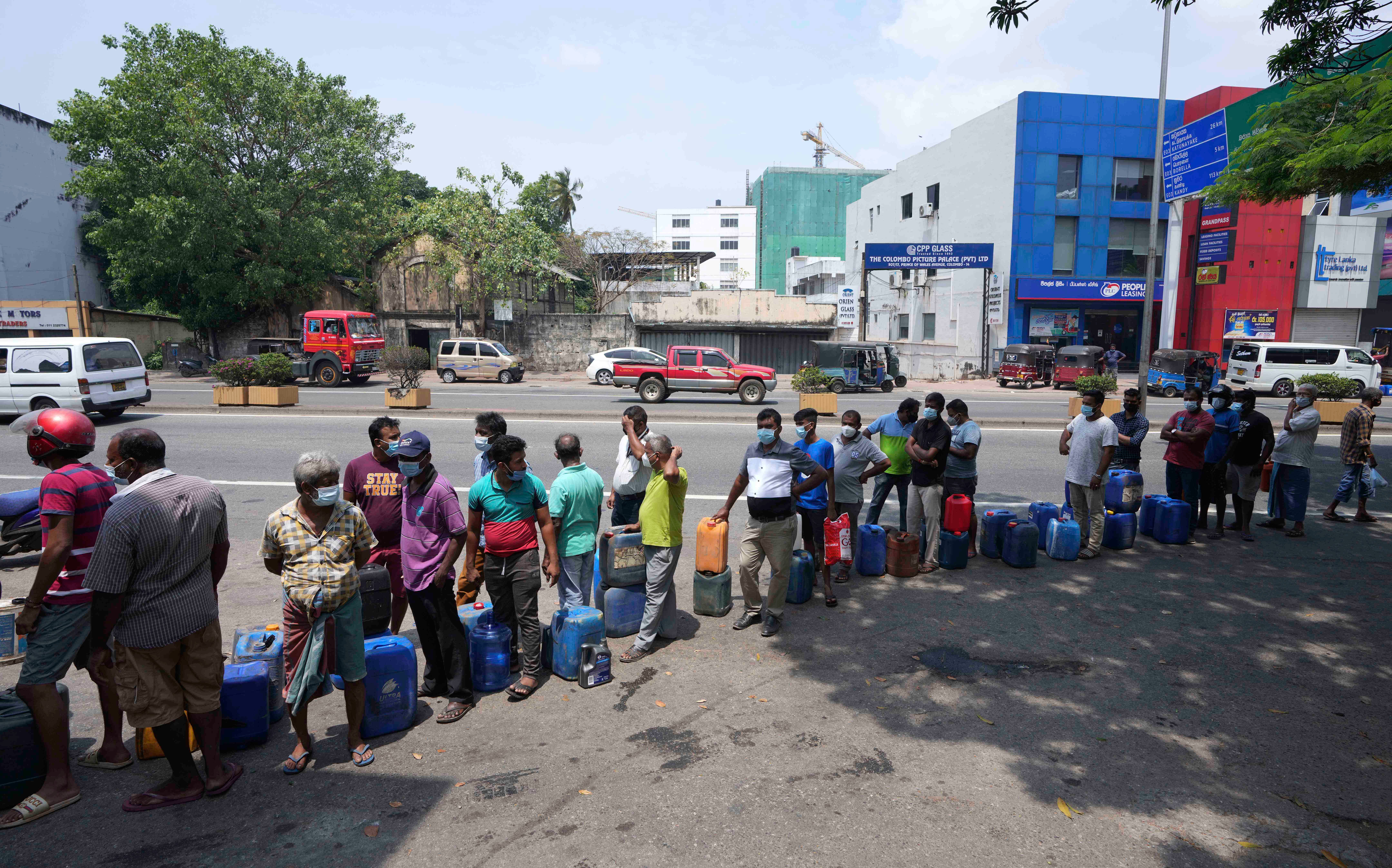Sri Lankan ministers sacked for criticizing economic policy
Sri Lanka’s president has dismissed two more Cabinet ministers after they publicly criticized the government’s handling of the economy, which they said is causing severe hardships for people

Your support helps us to tell the story
From reproductive rights to climate change to Big Tech, The Independent is on the ground when the story is developing. Whether it's investigating the financials of Elon Musk's pro-Trump PAC or producing our latest documentary, 'The A Word', which shines a light on the American women fighting for reproductive rights, we know how important it is to parse out the facts from the messaging.
At such a critical moment in US history, we need reporters on the ground. Your donation allows us to keep sending journalists to speak to both sides of the story.
The Independent is trusted by Americans across the entire political spectrum. And unlike many other quality news outlets, we choose not to lock Americans out of our reporting and analysis with paywalls. We believe quality journalism should be available to everyone, paid for by those who can afford it.
Your support makes all the difference.Sri Lanka’s president has dismissed two more Cabinet ministers after they publicly criticized the government’s handling of the economy, which they said is causing severe hardships for people.
President Gotabaya Rajapaksa sacked Minister of Energy Udaya Gammanpila and Industries Minister Wimal Weerawansa, the president's office said Thursday.
A total of three Cabinet ministers have now been ousted for criticizing the government's economic policies.
Both Gammapila and Weerawansa played key roles in bringing Rajapaksa to power and are now part of a group of about 30 lawmakers in the governing alliance that are urging the government to change economic course.
The country has a severe foreign exchange shortage because of a sharp decline in foreign tourists and exports due to the pandemic and heavy debt obligations for infrastructure projects.
The lack of dollars to pay for imports has resulted in shortages of essential products such as milk power, medicine and fuel. Dwindling fuel stocks have forced daily 7 1/2-hour power cuts because generators can't be operated.
There are long queues at gasoline stations and vehicles are stranded on roads because their tanks have run dry. Fishermen are demanding fuel to operate their boats and farmers are unable to run harvesting machines.
Gammanpila publicized the foreign exchange shortages and blamed the government for not prioritizing imports of medicine and fuel. Weerawansa said authorities were giving priority to projects like building highways while ignoring the immediate needs of the people.
Subscribe to Independent Premium to bookmark this article
Want to bookmark your favourite articles and stories to read or reference later? Start your Independent Premium subscription today.